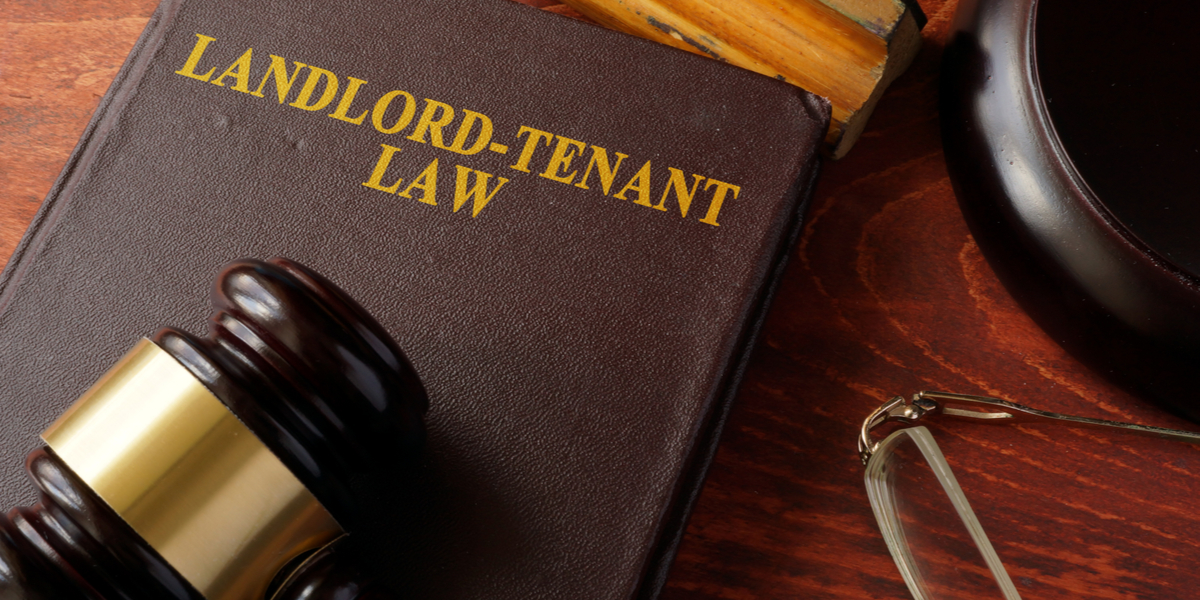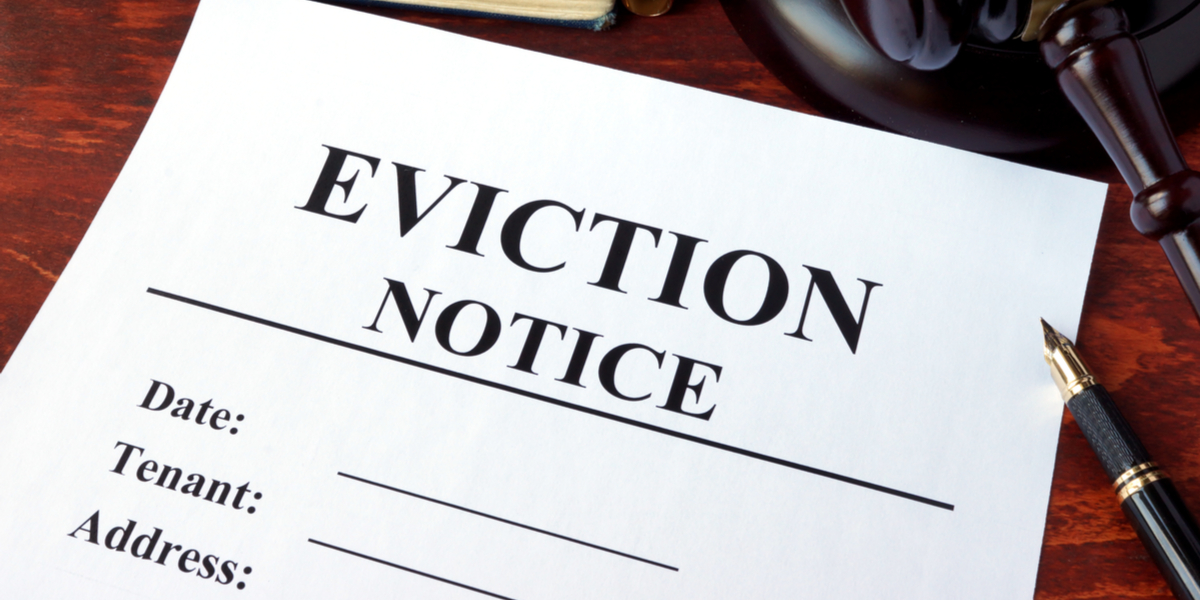Writing A Hardship Letter Not Delinquent
Financial hardship can affect anybody. The problem is that while this hardship is often of a temporary nature, its consequences can last for many years. For instance, a missed payment will usually cause a negative marking to be placed on your credit file, and it can take as much as six years, sometimes even longer, for this to be removed. That can seem unduly harsh when hardship is a temporary situation over which you have practically no control. Should you find yourself in such a situation where you have not been delinquent in your previous payments but now find that you are unable to pay, it is possible to appeal to the goodwill of your creditors by writing to them.
Tips for Writing a Hardship Letter Not Delinquent
These types of letters are formal letters and should be written as such. They have to be dated, addressed to the correct person, and free from grammatical and spelling errors. You should also include your account number as well as other identifying information.
Contents of the Hardship Letter
Start your letter by indicating what you are requesting. This could be a payment delay, a consolidation, debt forgiveness, or anything else that could help ease your financial burden. It should also state the type of debt, such as credit card, a loan, or a mortgage.
State that, from the date of your writing, you have not been delinquent on payments. However, because of your financial hardship, you will become delinquent unless a special arrangement be agreed upon. Explain that you have other necessary expenses, attaching copies of your various bills, and indicate your current income. Do also provide evidence of the cause of your hardship, such as huge medical bills, death in the family, or a sudden illness. Explain that you have made all possible adjustments, such as using up your savings, taking on a part time job, and reducing your expenses, as well.
Emphasize that you wish to be proactive and that you want to come up with a mutually agreeable solution that will prevent your credit rating from being damaged. State that you are willing to accept a solution that the creditor offers as long as it is within the bounds of your current financial capability. If the request is for a mortgage, make sure that you explain whether you want to remain in your property, or whether you have already placed the property up for sale.
Propose a Payment Plan
Do also make a suggestion for repayment yourself. For instance, you can propose reduced payments for a set period of time. Only do so, however, if you know that you can afford those payments and if you know that your hardship will have been resolved after a certain period. Keep your letter short and to the point and always stick to the facts and avoid emotional statements.
Lastly, make sure that you take a photocopy of your letter and all the documents you have attached. Send the letter via registered post and keep the receipt. If there is no reply after seven days of receipt of your letter, make sure to follow it up.
Hardship Letter Not Delinquent Example
{Your Name}
{Your Address}
{Your Phone #}
{Your Loan #}
{Date}
To Whom It May Concern:
To Whom It May Concern:
I’m sorry to ask for an exemption from your University housing requirement. However, although I do not meet every condition for an exemption, I would like my severe financial hardship to be taken into account.
Your current prerequisites for housing exemptions are as follows: {list the prerequisites}. At this time, I meet the following prerequisite(s): {e.g. My parent’s house is within 25 miles of the University, I have taken at least 2 credits of college courses before, I am over 21 years old}. Attached is the necessary documentation proving that I meet these requirements.
However, I currently do not meet the following prerequisite(s): {list the prerequisites}. While I understand that these rules are in place for a reason, I hope you will understand that I cannot hope to make up the price differential caused by living in the dorms rather than my parents’ house. I am currently receiving {amount} in scholarships from the {Name of Scholarships}. I have also been granted financial aid from FAFSA in the amount of {amount} per year. The out-of-pocket expense to me and my family is {amount} per year, just for school, fees and books. My parents make {amount} per year, I have {amount} saved up for college and I contribute an additional {amount} per year from my job at {job}.
I think you can see that we are already struggling to meet the expenses accrued through my schooling alone. I could currently live at home for no additional expense, with groceries costing me about {amount} per week. However, if I were to live in the University’s housing, I would be required to purchase a package that would cost me at least {amount} per month for room and board and {amount} per month for a food plan.
I simply cannot meet these financial requirements. I would have to withdraw from the University instead, which I really do not want to do. It has always been my dream to attend {University Name} and I hope you can help me arrange a situation that is amenable to both of us.
Sincerely,
{Sender Name}





